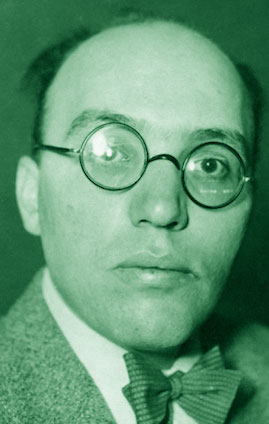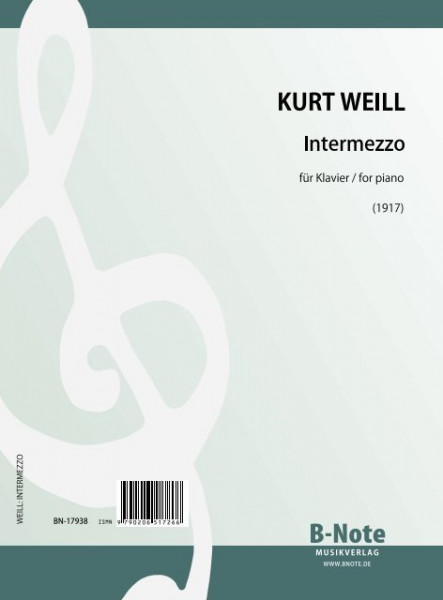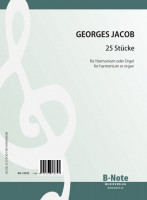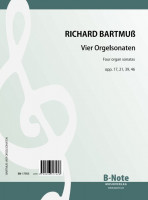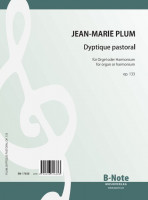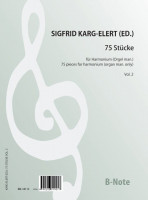Cookie-Einstellungen
Diese Website benutzt Cookies, die für den technischen Betrieb der Website erforderlich sind und stets gesetzt werden. Andere Cookies, die den Komfort bei Benutzung dieser Website erhöhen, der Direktwerbung dienen oder die Interaktion mit anderen Websites und sozialen Netzwerken vereinfachen sollen, werden nur mit Ihrer Zustimmung gesetzt.
Konfiguration
Technisch erforderlich
Diese Cookies sind für die Grundfunktionen des Shops notwendig.
Alle Cookies ablehnen
Alle Cookies annehmen
Ausgewählter Shop
CSRF-Token
Cookie-Einstellungen
Individuelle Preise
Kunden-Wiedererkennung
Kundenspezifisches Caching
Session
Speichert Barrierefrei Einstellungen
Währungswechsel
Komfortfunktionen
Diese Cookies werden genutzt um das Einkaufserlebnis noch ansprechender zu gestalten, beispielsweise für die Wiedererkennung des Besuchers.
Merkzettel
Statistik & Tracking
Endgeräteerkennung
Partnerprogramm
9,80 € *
Prix dont TVA plus frais de port
Prêt à expédier immédiatement,
délai de livraison env. 1-3 jours ouvrés
Pas de livraison aux États-Unis pour le moment
Chers clients, DHL a suspendu l'expédition de marchandises vers les États-Unis en raison des nouvelles conditions douanières. Par conséquent, nous ne pouvons temporairement pas livrer aux États-Unis. Nous vous remercions de votre compréhension. Plus d'informations ...
Chers clients, DHL a suspendu l'expédition de marchandises vers les États-Unis en raison des nouvelles conditions douanières. Par conséquent, nous ne pouvons temporairement pas livrer aux États-Unis. Nous vous remercions de votre compréhension. Plus d'informations ...
- Réf. d'article : BN-17938
- ISMN / ISBN 9790206517266
- Producteur B-Note Musikverlag, Wersaber Helmer 15, D-27628 Hagen i. Br. | post@bnote.de
Liens supplémentaires vers
Weill’s only piano work. Kurt Weill is best known for his Berlin stage music, from „The...plus
Weill: Intermezzo pour piano (1917)
Weill’s only piano work.
Kurt Weill is best known for his Berlin stage music, from „The Threepenny Opera“ to „Mahagony“, and for the Broadway musicals he composed with growing success after his emigration to the USA. Long after his death, his instrumental works were also played more and more frequently, such as his symphonies or the late-published cello sonata. He left behind just one work for the genre in which most composers have been active for centuries: solo piano. Although he himself began playing the piano at an early age and it was his main working tool throughout his life, he obviously did not care too much for piano music.
The present Intermezzo is that one work. Weill wrote it at the age of 17 (according to the sources for a chamber music concert in which he himself was to participate) - and it sounds just as youthful and voluptuous. Similar to „Ofrah’s Songs“ (1916, BN-17923), storm and stress reign here. We can hear that the young man from Dessau was much preoccupied with Brahms and Wagner at this time. But the certain twist of the later Weill can already be heard in many bars.
This new edition follows the first publication of 1988. Some obvious errors have been corrected and the engraving orthography has been standardised.
Kurt Weill is best known for his Berlin stage music, from „The Threepenny Opera“ to „Mahagony“, and for the Broadway musicals he composed with growing success after his emigration to the USA. Long after his death, his instrumental works were also played more and more frequently, such as his symphonies or the late-published cello sonata. He left behind just one work for the genre in which most composers have been active for centuries: solo piano. Although he himself began playing the piano at an early age and it was his main working tool throughout his life, he obviously did not care too much for piano music.
The present Intermezzo is that one work. Weill wrote it at the age of 17 (according to the sources for a chamber music concert in which he himself was to participate) - and it sounds just as youthful and voluptuous. Similar to „Ofrah’s Songs“ (1916, BN-17923), storm and stress reign here. We can hear that the young man from Dessau was much preoccupied with Brahms and Wagner at this time. But the certain twist of the later Weill can already be heard in many bars.
This new edition follows the first publication of 1988. Some obvious errors have been corrected and the engraving orthography has been standardised.
| Auteur / Compositeur: | Kurt Weill (1900-1950) |
| Pays: | Allemagne |
| Epoque: | Début du moderne |
| Instruments: | Piano |
| Genre: | Morceau |
| Forme d'edition: | Partiton(s) pour jouer |
| Source: | Édition nouvelle (c) B-Note Musikverlag |
| Pages: | 8 |
| Format: | Format large (243x328 mm) |
| Condition: | Sans erreur |
| Ressources en ligne: | Spécimen digital |
Dernieres editions consultés

